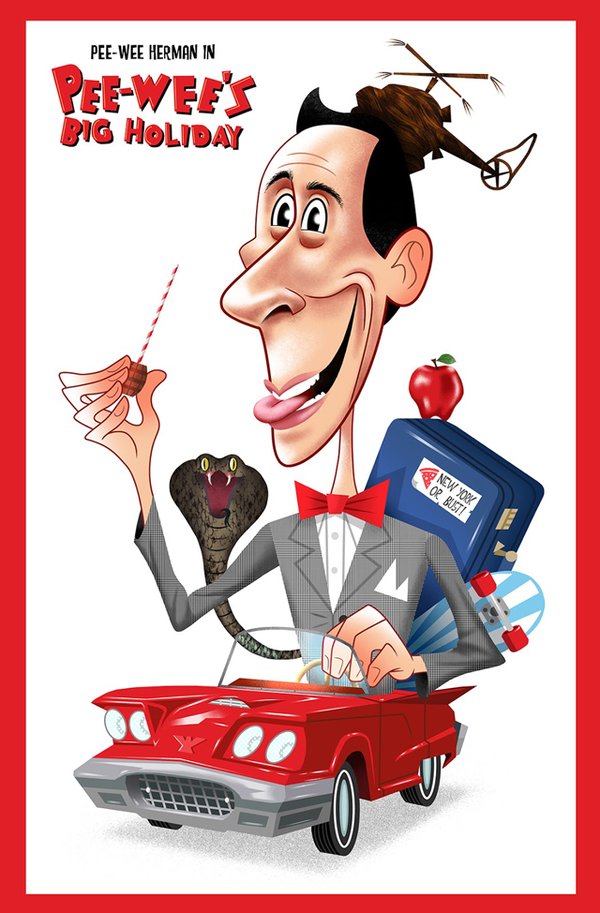The Tampa Bay Times spent two months investigating where local eateries were really getting their ingredients. Many of their “farm-to-table” claims proved to be bogus. B and G Images/Getty Images hide caption
toggle caption B and G Images/Getty Images
The farm-to-table trend has exploded recently. Across the country, menus proudly boast chickens bought from local farmers, pork from heritage breed pigs, vegetables grown from heirloom varieties. These restaurants are catering to diners who increasingly want to know where their food comes from — and that it is ethically, sustainably sourced.
But are these eateries just serving up lies?
Laura Reiley, the food critic for the Tampa Bay Times, wanted to find out. So she undertook a rigorous two-month investigation of Tampa’s farm-to-table restaurants, tracking down their sourcing claims. Many off them turned out to be bogus.
Reiley spoke with NPR’s Ari Shapiro about her investigation. An edited transcript of their conversation is below.
You fact-checked dozens of these menus. You called the farms. And what did you find?
Many of those local greens misted with unicorn tears are something else entirely.
I think that there’s a powerful incentive to tell a story. We all want that story — it’s a big part of why we go out to eat. If a restaurant can give you that story about that pork chop that lived a happy and delightful life from the beginning to its very last minute, that’s great. And sometimes they’re actually serving you commodity pork.
And it’s not just that — it’s like, what claims to be Florida blue crab actually coming from India.
We did some DNA testing. It’s always illuminating when you do that. Unfortunately, it’s much easier to do that on seafood than it is on meat.
And there’s no way of testing if someone says these are organic , local heirloom tomatoes, and actually they’re Mexican tomatoes, irradiated. There are no genetic markers or tests that will tell you that.
What got me interested in this topic is I’ve done a lot of agriculture writing in the past couple of years in Florida, and met with a lot of farmers. And they’ve all groused about this a little bit. That they’re used as billboards at these restaurants. A restaurant may buy from them once or twice and then phase them out but keep them on the chalkboard or on the menu.
You talked to one pork producer who walked you through the finances of raising a hog, slaughtering it for meat. And the price of that pork chop on the plate would have been something like $40.
I think that we as Americans have really come to expect inexpensive food. We spend a very small amount of our disposable income on food and restaurateurs have to cope with that. They have to figure out how to offer food to us at a price we will pay, while buying the best ingredients that they can. And often, as in any other business, it’s buy low and sell high.
You confronted a lot of chefs about this and a lot of them gave you the same answer.
[They said:] “I guess that should come off the chalkboard.”
There were plenty of people who were honestly surprised to find something was still on the chalkboard or still on their menu many months after they’d purchased that product, and many others that were just caught red-handed.
Your reporting was all done in Tampa, but is there any reason to believe that this problem is limited to this part of Florida?
Oh, I’m sure it’s a widespread phenomenon.
And I think it is a kind of arms escalation. In some ways, it may go back to the fact that maybe 10 years ago, when we started getting real farmers markets, we as consumers started being able to buy great produce and great heritage meats and those kinds of things. So it’s almost like restaurants needed to up the ante and claim even more extravagant boutique products on their menus — things that we, as consumers, couldn’t buy ourselves. So I understand why some of these claims are being made.
So if I, as a consumer, want to dine out responsibly and want to support local agriculture without a huge carbon footprint — what should I do?
You’ve got to ask questions. I mean, I don’t know how comfortable I’d feel at a restaurant asking to see their invoices. But I think we’re going to have to move in that direction where … there’s a little more consumer activism in terms of demanding more transparency in the provenance of where we’re getting our food.
When you see those claims on the menu — naturally raised, or heritage breeds — I think that they should raise a red flag, and you should feel free to ask more questions.
Is there a way to do it without being that obnoxious kind of diner who is straight out of the Portlandia sketch?
I think price point should definitely be an indicator — if it’s too good to be true, it probably isn’t true. If you see that $10 lobster roll, something is fishy.
You’re pretty open in this article about the fact that you’ve written favorable restaurant reviews for some of these places that claimed farm-to-table philosophy and didn’t stick to it. Is this reporting in a way a mea culpa?
Absolutely. I’m embarrassed. Some of the places I’ve given the highest review in the past year and kind of swooned over their farm-to-table stuff — I feel duped.
If I went into it with the idea that I was paying a premium for a particular local food or a sustainably-raised food and I got something else, it really doesn’t matter how it tasted.
One of the things that surprised me in this article is that a lot of the chefs who really do adhere to the farm-to-table ethos don’t wear it on their sleeves.
I think there’s a lot of farm-to-table fatigue among chefs. You know, it’s like the term foodie itself. it starts to take on a kind of bankrupt, yucky demeanor after so many people have misused it.
Let’s block ads! (Why?)





